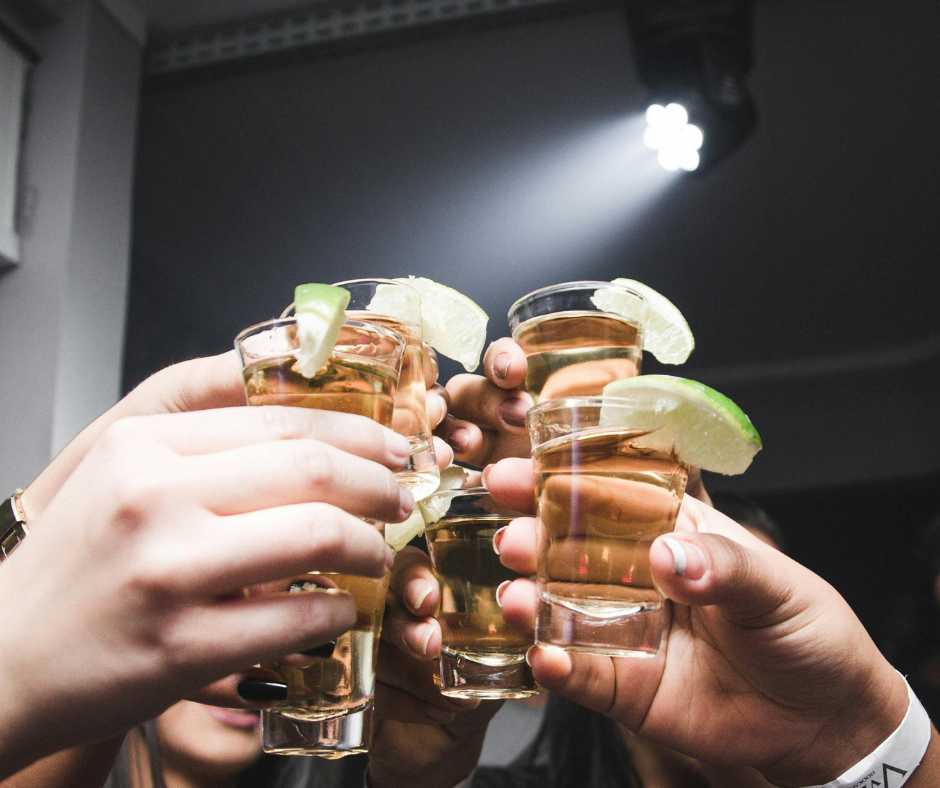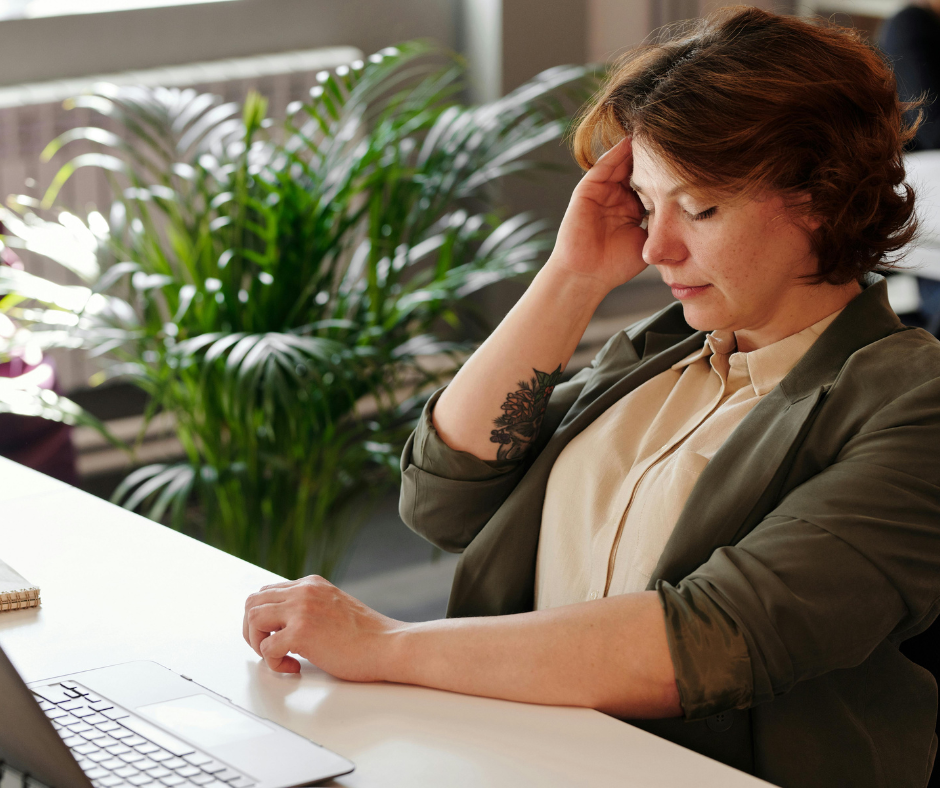Mental health symptoms are part of many people’s lives and it is something they have to deal with every single day. Alcohol is also very prominent in society and is used for many different reasons from celebrating to mourning. As both have a substantial presence, it is inevitable that they will mix and affect livelihoods across the world. Unfortunately, it is not always in a positive way.
Therefore, it is important to educate yourself and those around you about the risks with drinking alcohol when your mental state is not the best. This will allow you to recognise the negative habits and symptoms related to alcohol consumption. You will then be better equipped to deal with such situations or have the insight to avoid them altogether. The first place to start is by learning what alcohol really is.

What we think about alcohol vs what alcohol really is
Alcohol is so ingrained into society that there is basically no getting rid of it. You can drink it as soon as you come of age, it can be bought almost anywhere and it frequents all licensed restaurants and bars. It’s everywhere! So, there is a lot of temptation to buy, consume and enjoy alcohol. However, it is important to be aware of what alcohol is perceived to be versus what is actually is.
Why society thinks alcohol is great
Alcohol is basically sold on fun. It is the marketing material we receive every single day. “If you drink this, you will be cool!” or “If you drink this, you will have a great time with your friends!” It is all the same variation of ‘fun’. This is then wired into everyone’s way of thinking. So, when you don’t want a drink you suddenly get peer pressured into doing so. Even if you stick to your guns and say no, your mates might start saying you are no fun. No alcohol equals no fun in their minds. That is what the power of marketing has sold to the world!
The true and ugly nature of alcohol
Alcohol may seem like a great drink but, at the end of the day, it is a drug. So, like all drugs, it affects the brain in various ways. It can impair speech, affect your mood and has an effect on your memory. In the long term, alcohol can cause you to depend on it while also damaging your brain. This can have an impact on the rest of your body leading to further health problems.
How does alcohol affect mental health symptoms like anxiety?
Feelings of anxiety are created through the chemicals in our brains when we feel something traumatic is happening to us. Guess what?! Alcohol also affects the chemicals in our brains. It alters our perceptions and impairs our judgment when faced with different situations. This means that if you suffer from anxiety you may feel heightened stress levels or anxious feelings after a drink. These feelings can be especially prominent the morning after and is sometimes called “hangxiety”.
Some alcoholic drinks, such as wine, are also full of sugar which is not good for those with anxiety. You might feel great at first when the sugar hits your system, which is similar to alcohol. However, once the high is gone, your mood starts to turn negative, which increases your stress levels. Add in the alcohol and you have a cocktail with “bad time” written all over it!

How does alcohol affect mental health symptoms like depression?
As alcohol affects your mood and behaviour it can make you feel down about yourself or the world around you. For those suffering from depression, this state of mind can be heightened once you have had a drink and even afterwards when you are experiencing a hangover. Alcohol can numb these feelings for a short while but to stay numb people tend to continue to drink more. This then leads to alcohol being used as a coping mechanism and can turn into an addiction.
With the ability to impair your judgement and cognitive function, alcohol can be especially dangerous for those with serious cases of depression. It can also have side effects if those suffering mix both medication and alcohol together. So, talk to a professional about the effects of alcohol and how to find an alternative way to maintain your mental wellness.
Other ways alcohol can affect your mental wellbeing
Alcohol not only affects anxiety and depression but other mental health conditions as well. Therefore, it is important to know what signs to look out for so that you know when alcohol is affecting your mental state. Some indicators of this include the following:
.Experiencing exhaustion or experiencing a hangover constantly
.Feeling guilty after consuming alcohol
.Unmotivated thoughts about everything
.Feeling less social and more withdrawn
All of these indicators can be related to excessive alcohol consumption and alcohol dependence. So, if you are experiencing these habits in your current life or you recognise these indicators in a friend, it may be time to seek help. This will start to get yourself, or your friend, on the right track so that alcohol doesn’t become a controlling factor in your daily life.

Can I still drink socially?
It is still your choice whether to drink or not. Normally one drink or two may be enough for enjoyment without serious repercussions. However, if you have mental health symptoms that may be worsened by the effects of alcohol then you should avoid it.
There are other ways you can drink socially without the need to add alcohol to the mix. You can choose soft drink instead, water is always a good choice or there are zero alcohol wine and beer options! Saying no is always a choice too. You have the right to refuse alcohol without feeling guilty or pressured. It’s all about self-confidence and standing your ground.
Healthier coping mechanisms for mental wellness
Remember that alcohol is a drug and shouldn’t be relied on as a coping mechanism. Instead, try healthier options to help with your mental wellbeing. Some include exercises you can perform, daily habits you can change and so much more! So, here are a few to help you get started including:
.Taking more time for self care activities
.Talking to friends and family
.Staying active and eating nutrient rich foods
.Performing mindfulness activities or meditating
.Trying something new or fun that isn’t stressful
When should I talk to a professional about alcohol and my mental health symptoms?
You should talk to a healthcare professional if there are signs of using alcohol as a coping mechanism. Even if you have questions about alcohol and your mental state you should talk to your doctor about how this can affect you. They will be able to provide the information you need so you can live your life while still ensuring that you stay safe.
Please be advised this information may help but is NOT a replacement for professional health advice. If you are feeling unwell please speak to a medical professional.



